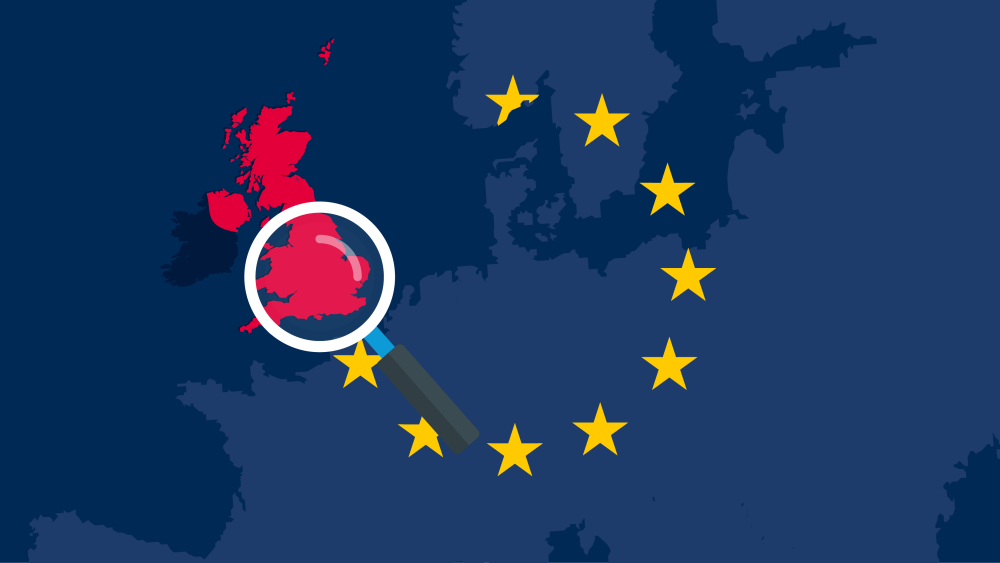Brexit: the Beginning of Boris' Britain
22 Jul 2019

A monumental week lies ahead. First, we have the crowning of a new party leader who seeks to unite a party that has faced turmoil over the past nine years and point it in a new Brexit direction.
That’s right, today, the Liberal Democrats will decide between Jo Swinson and Sir Ed Davey as to who their party leader will be. While the Liberal Democrats are feeling the benefit of anti-Tory/Labour sentiment at the moment, it’s difficult to see how a new leader will further advance their anti-Brexit position to any significant margin.
The pro-Brexit camp is about to anoint its new leader, too. There’s no point denying it: it’s going to be Boris.
Voting closes in the Conservative Party leadership contest at 1 p.m. today with the leader announced at 11 a.m. tomorrow. Unless the polls have got it extraordinarily wrong (and, to be fair, their record over the past five years is not wonderful), Boris Johnson will be announced as the new leader and will go to visit the Queen to form a government after Theresa May finishes Prime Minister’s Questions tomorrow at 1300.
But what does this mean for Brexit? Well, polls show that, while Boris Johnson is the preferred candidate in the party and amongst Brexiteers, popularity amongst the public is lower than a professional limbo dancer.
Indeed, former Prime Ministers (both Scots) Gordon Brown and Tony Blair have warned that Johnson could be the ‘last Prime Minister of the United Kingdom’ as polls suggest the popularity of Scottish Independence will surge under a Boris premiership.
Similarly, polarisation in Parliament and the public is set to increase as the likelihood of no-deal increases with Johnson’s insistence that he would happily leave without a deal on 31 October.
However, leaks from that Johnson’s team suggest they are seriously considering having snap general election to dislodge themselves from the minority government in which they will find themselves. Now would be the best time – leaders’ popularity is best immediately after assuming office, and Jeremy Corbyn’s popularity is also staggeringly low.
A general election would likely require an extension of the Article 50 process. Nonetheless, the new EU Commission President, Ursula von der Leyen says she is open to an extension if necessary. If Boris can convince the EU an extension and General Election would produce a government with a definitive line on Brexit and one free of Parliamentary opposition, they may just be open to the idea.
In the Labour party, things are similarly heating up in the leadership ranks. Tonight, the shadow cabinet will hold a special meeting on anti-Semitism. It was today announced 4/10 Labour members want Jeremy Corbyn to resign. Last week, Labour members of the House of Lords openly called for his resignation. Will there be a third leadership contest in the offing? It seems increasingly likely.
What is sure, is that this will be one of those pivotal moments in the history books, when the new Prime Minister takes up the mantle (or grasps the poisoned chalice) and sets into motion their vision for Brexit and the UK. Inevitably, premierships are defined by unintended consequences and the PM’s reaction to them. Already, there are plenty of obvious forks in the road and pitfalls to the course Johnson intends to chart and, undoubtedly, many more will arise along the way.
Hold on tight.
Want more political analysis and interviews with big wigs in the data industry? Episode 8 of The DMA Politics Podcast is out now. In this episode, Michael is joined by not one, but two of data IQ's 100 most influential people in the data industry (which they may just mention once or twice): Chair of DMA Scotland and Head of Decisioning at Standard Life, Firas Khnaisser and MBN Solutions Director of Academy and Client Services (and DMA Scotland Talent Hub Chair), Rob Huggins.

Please login to comment.
Comments